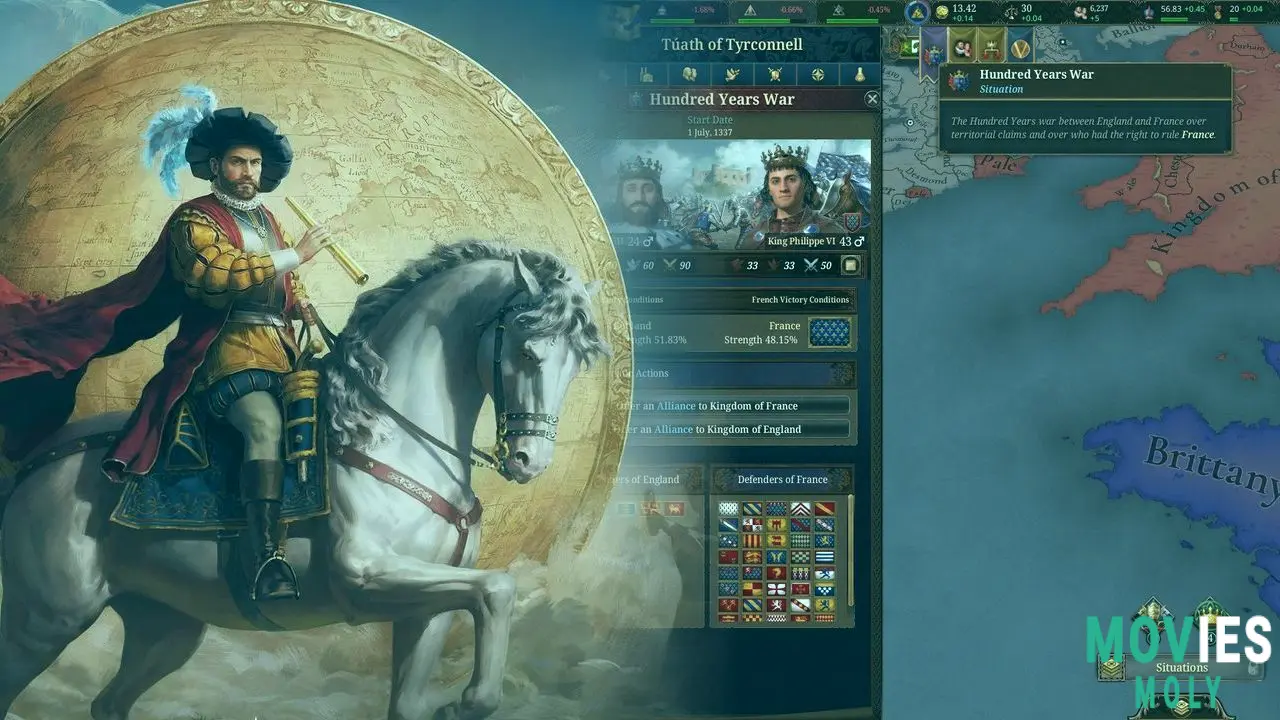Paradox Interactive has pulled back the curtain on Europa Universalis 5, and it’s exactly the sweeping, detailed grand strategy sequel fans have been expecting — and then some. After more than a decade of expanding and tweaking EU4, the studio behind Project Caesar (now officially EU5) is delivering a new era of world simulation through the lens of population groups, deeper economics, and a world that doesn’t just react to you — but lives on its own.
Populations drive everything in Europa Universalis 5The biggest change in EU5 is the introduction of “pops” — population units that mirror what Paradox did with Victoria 3 and Stellaris. But here, they’re taken to a new level. Each pop represents a group bound by culture, religion, class, and location. Whether it’s Catalan peasants or Basque nobility, these pops work, fight, trade, and rebel. And they don’t just fill the numbers on your manpower bar. They crave goods, have distinct needs, and their satisfaction can make or break your empire.
What makes this system shine is how interconnected it is. Pops produce raw and manufactured goods, feed your armies, and fuel your economy. Starve them of what they want — be it wine, tea, or paper — and they’ll grow restless. Let them prosper, and they might push for more influence. It’s a constant balancing act, made messier and more meaningful by the fact that every pop, even a single one, can matter.
Estates and automation add new layers to governance
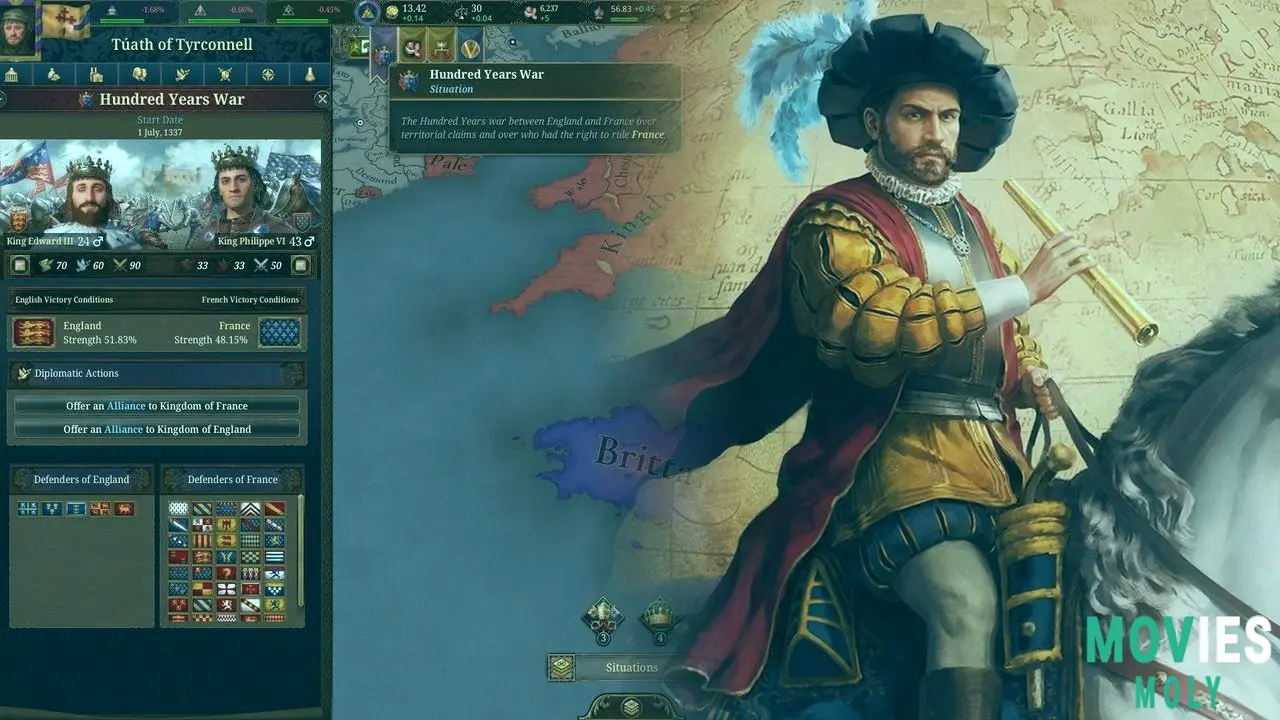
EU5 doesn’t just toss you into the trenches of micromanagement — it gives you tools to manage the chaos. One of the smartest additions is the ability to automate entire systems. Hate juggling trade routes? Let the AI handle your economy. Not interested in battlefield tactics? Assign your generals broad objectives like “defend” or “hunt.” It’s a double-edged sword, sure, but it offers a way in for players overwhelmed by Europa’s usual complexity.
Governance itself is more dynamic. You’re not just managing a nation — you’re playing the estates of the realm. The clergy, nobility, burghers, and commoners all have their agendas. Pass a law favoring one, and another might turn against you. It’s like Reigns, but with cannons and colonization. And with parliaments that debate, influence, and sometimes sabotage your grand plans, the political theater is as alive as the battlefield.
Ages, technology, and historical events shape your journey
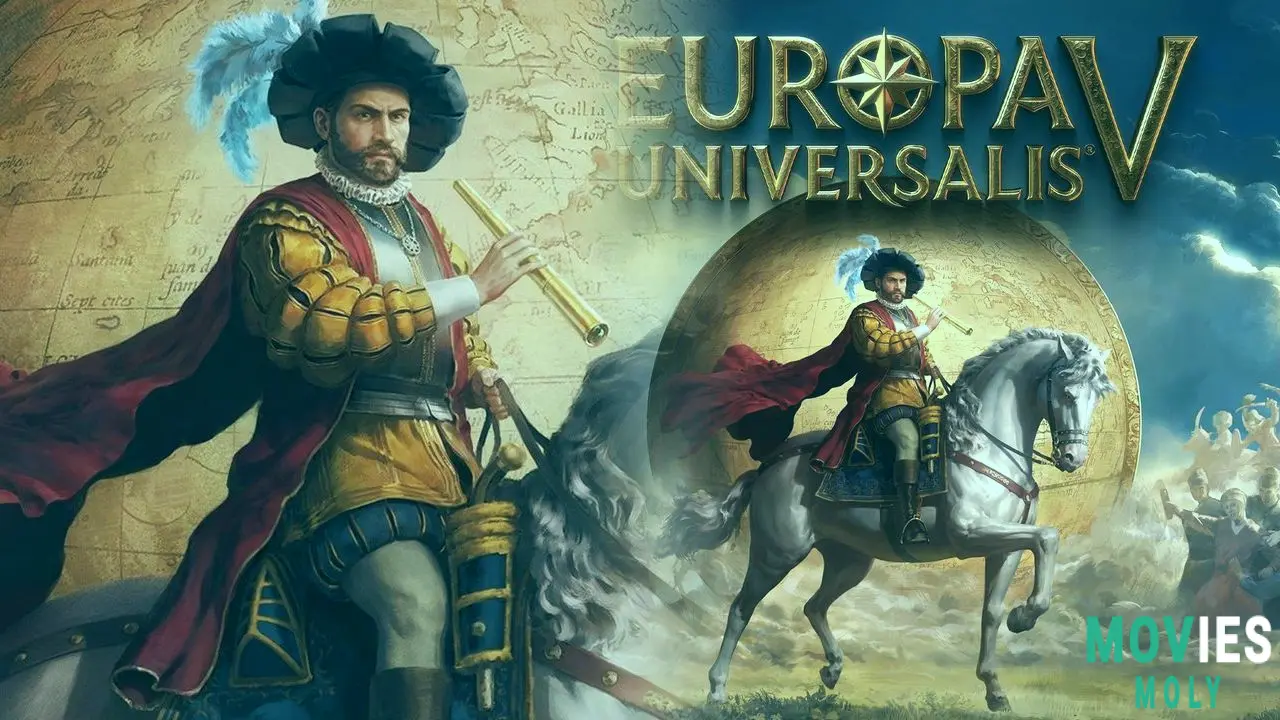
The game spans five centuries, from 1337 to 1837, passing through six distinct ages: Tradition, Renaissance, Discovery, Reformation, Absolutism, and Revolution. Each age unlocks new institutions, tech trees, and opportunities. Want to dominate the New World? Better embrace the Age of Discovery fast. Prefer to build according to Enlightenment ideals? The tech queue’s got you covered.
Major events like the Hundred Years War, the Black Death, and the Italian Wars aren't just backdrops — they’re situations that ripple through your decisions. You can’t control when they happen, but how you respond will define your legacy. Fail to manage the plague’s impact on your pops? Watch your economy collapse. Ignore religious turmoil? Prepare for civil war.
Military logistics and morale add gritty realism to warfare
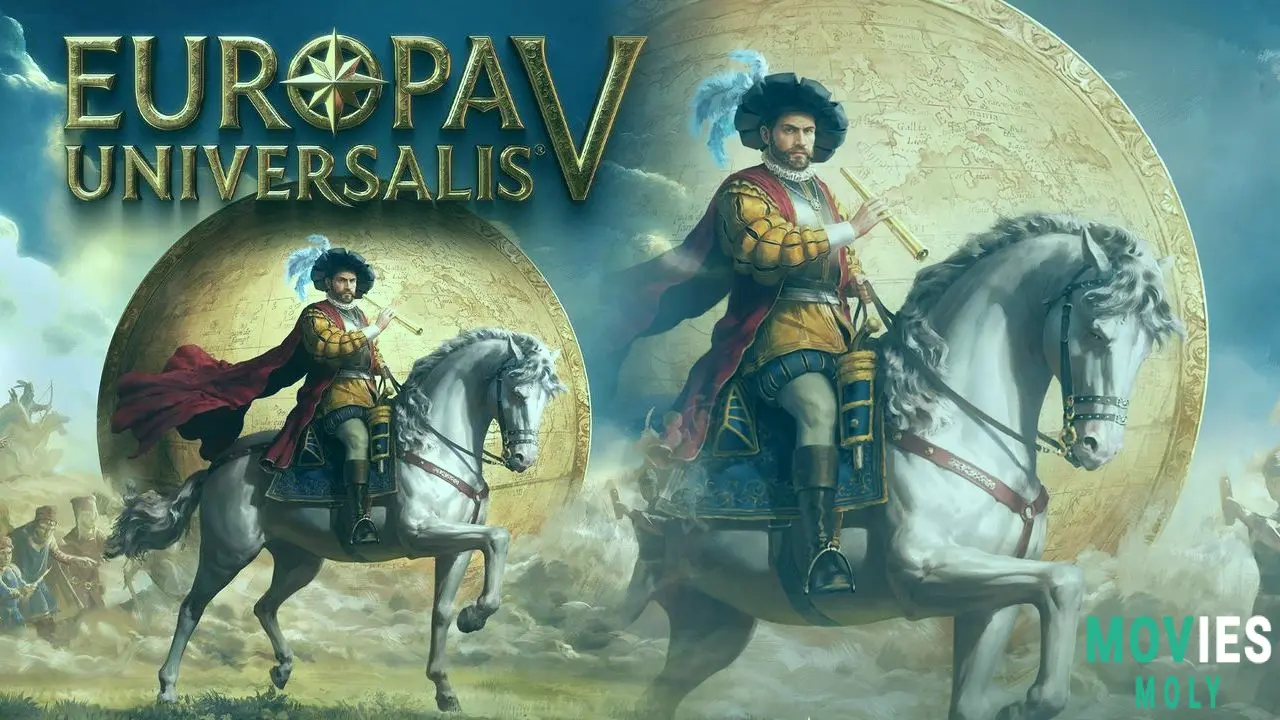
Combat in EU5 is no longer just a stats game. Time moves in hours during battles, letting you micromanage flanks or let the AI handle formations. Troop morale decreases the longer your army marches, reflecting real supply issues. Auxiliaries carry rations, but if your troops loot food from provinces, you risk turning locals into rebels. Sieges are high-stakes gambles — run out of food, and you lose morale. Stay too long, and disease might wipe out your forces.
Casus belli are more creative and situational. No more fabricating claims at will. If you want a war, you need a reason — and there are 50+ types. An insult, enemy privateering, or even breaking free from an overlord can give you justification. It pushes players to think like diplomats, not just conquerors.
A living, breathing world with unmatched geographical and cultural depth
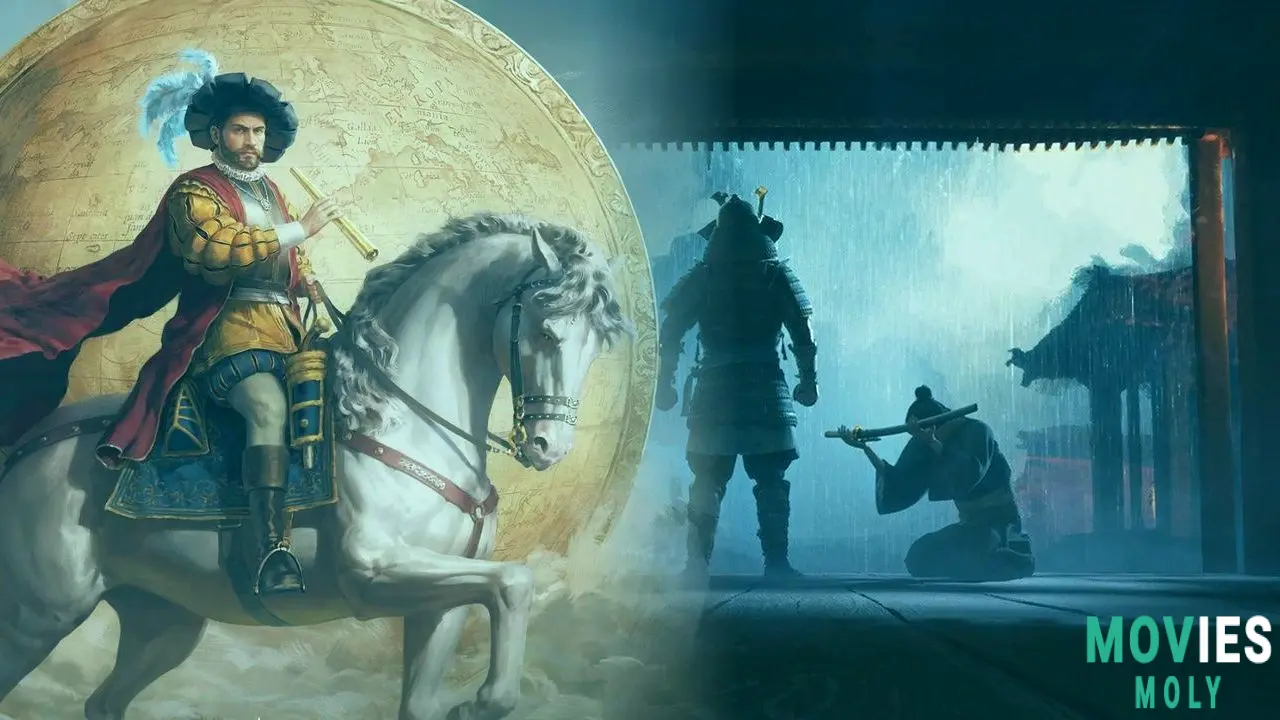
The map is bigger, more detailed, and more functional than ever. Provinces have climate, topology, and vegetation — combining into ecosystems like “tropical jungle mountains” or “arid desert plains.” These affect everything from food production to army movement. Roads can be built and managed for trade and military speed. Ports have natural advantages. Blockades will still cripple enemies, and you can now queue multiple ships in a single shipyard.
Cultures have opinions of each other. Some are kindred, others hostile. Languages have power and influence. Religions number over 300, each with unique mechanics. Calvinists, for example, won’t let you reroll dice in battle because they believe in predestination. Conversion isn’t about missionaries anymore — it’s a slow process involving laws, buildings, and influence.
Controversies, complexities, and the freedom to shape history
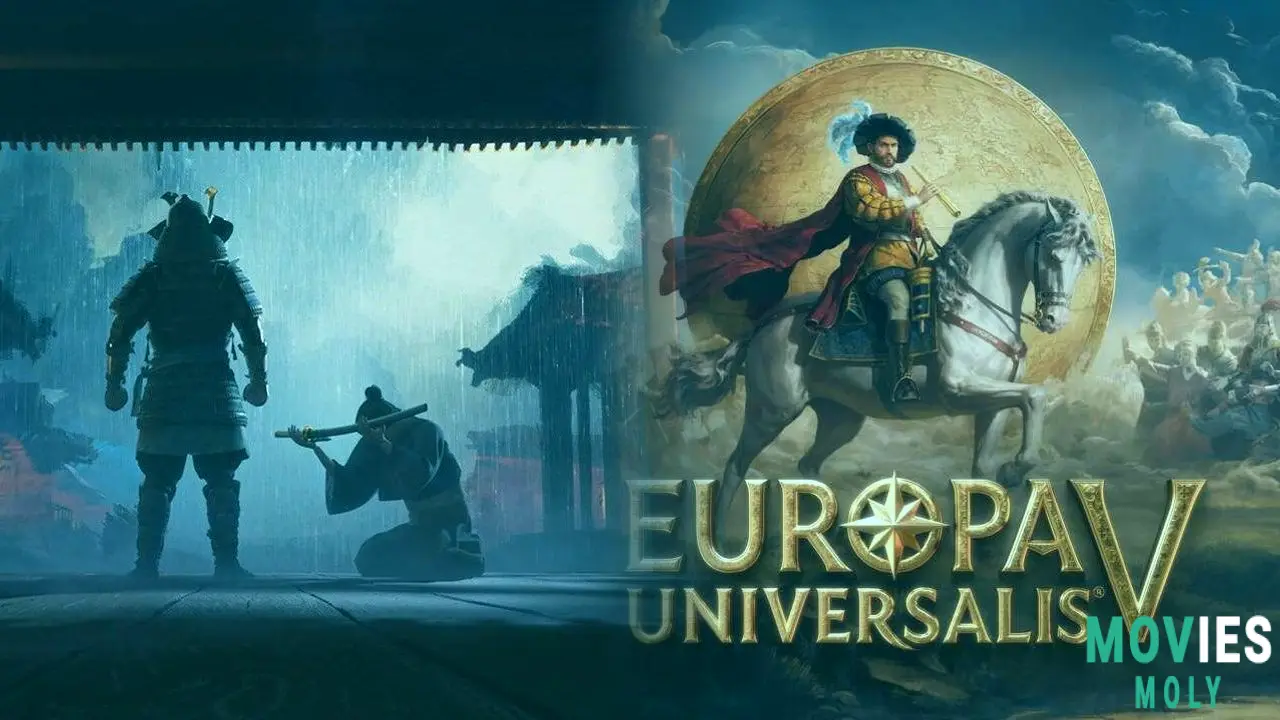
Paradox hasn’t shied away from tough topics. Slavery is simulated in full historical context — from indigenous practices to European colonial trade. You can choose to oppose it or exploit it, but the consequences are real. Rebels can be nationalist, religious, or simply enslaved pops seeking freedom. Civil wars don’t end the game; they change it. You might find yourself ruling the nation you once fought against.
Despite the complexity, EU5 gives you freedom. Form fantastical nations like Europa, Carthage, or the Latin Empire. Steal artists from rivals to boost your culture. Build your own British Museum by looting works from across the continent. Every choice echoes through centuries.
No release date, but a clear vision for grand strategy’s future
There’s no word on when EU5 will drop, but Paradox Tinto’s year-long dev diary has laid most of the cards on the table. This isn’t just a sequel. It’s a reimagining of what Europa Universalis can be — one where populations matter, ideologies clash, and history isn’t just simulated, but experienced.
If you’ve ever wanted to wrestle with the growth of a nation, the satisfaction of its people, and the inevitable decay of its power — all while painting the world your color — Europa Universalis 5 is coming for you. And it looks ready to outdo itself.

